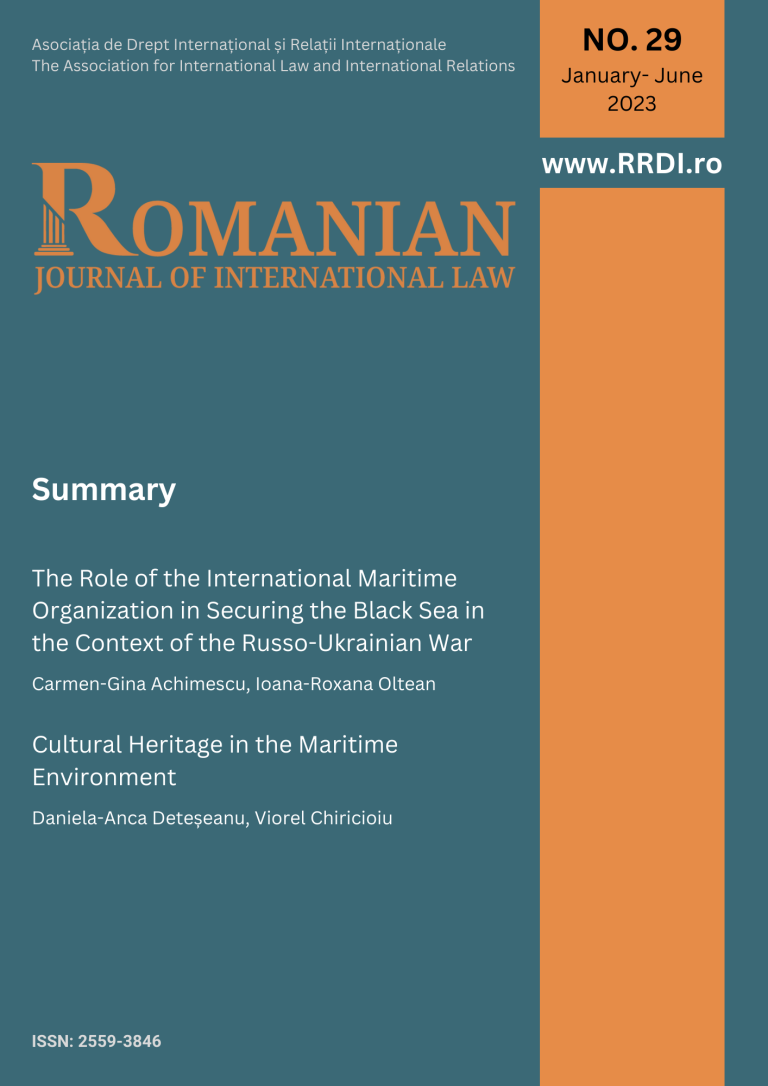Radu Bogdan BOBEI*
Abstract: This paper addresses various meanings of the term “transnational law”. The evolving interactions between States and non-State actors – active members of the so-called “world society”, blurred the Westphalian distinction between international law and domestic law, respectively between public law and private law. State and non–State actors are involved often altogether in manifold cross-borders activities (exempli gratia, commercial and/or investment activities, labour activities). Such activities are in full need of suitable concepts and/or tools to be deployed in the transnational context from nowadays. Permanent evolving cross-border activities of the State and/or non-State actors enabled the scholars to debate passionately on the various meanings of the term “transnational law” (hereinafter “TL”). Such meanings encompasses, for instance, TL as body (field) of law (legal system), or TL as transnational legal process, or TL as method of decision making in international commercial arbitration, or TL as tool or experiment to be used in legal methodology, or TL as theory of law. The above‑mentioned meanings are frequently used in order to manage the interplay between international law and domestic law, respectively between public law and private law. Furthermore, such meanings are also used to accommodate the world society with the internationalisation of domestic law, respectively with the evolving of the conflict of laws conceived in the Middle Age as the “domestic or private (discrete) life” of the international law. For the purpose of writing this article, the author focuses on various meanings of the term “transnational law”. The meanings at stake are to be assessed in the light of the adjective “transnational” that is regularly attributed to multiple nouns and settings. The reader is going to find the idea that “transnational” is not (anymore) an ordinary adjective. It is the evolving life itself of the 21st century! Embraced by the internet, such evolving life can be described as being placeless and timeless.
Key-words: international law, transnational law, global law, world law, conflict of laws, legal education.
* Dr Bobei serves as Honorary Member of the UNIDROIT Governing Council. He performed activities as member of the UNIDROIT Governing Council (2014-2018). In his capacity of Lecturer Dr Bobei teaches Transnational Commercial Law at the University of Bucharest, Faculty of Law. He is pursuing research activities and writes regularly in the fields of international trade law, conflict of laws and transnational law. The opinions expressed in this paper are solely the author’s and do not engage the institution(s) he belongs to.

